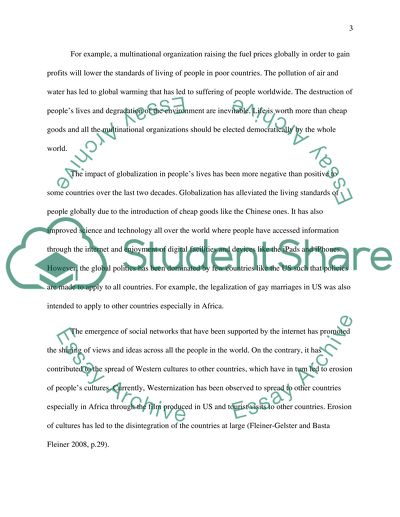Cite this document
(“Business Ethics: How The Globalization Changed Living Standards Research Paper”, n.d.)
Business Ethics: How The Globalization Changed Living Standards Research Paper. Retrieved from https://studentshare.org/macro-microeconomics/1634820-business-ethics-individual-themed-essay-ite-globalisation
Business Ethics: How The Globalization Changed Living Standards Research Paper. Retrieved from https://studentshare.org/macro-microeconomics/1634820-business-ethics-individual-themed-essay-ite-globalisation
(Business Ethics: How The Globalization Changed Living Standards Research Paper)
Business Ethics: How The Globalization Changed Living Standards Research Paper. https://studentshare.org/macro-microeconomics/1634820-business-ethics-individual-themed-essay-ite-globalisation.
Business Ethics: How The Globalization Changed Living Standards Research Paper. https://studentshare.org/macro-microeconomics/1634820-business-ethics-individual-themed-essay-ite-globalisation.
“Business Ethics: How The Globalization Changed Living Standards Research Paper”, n.d. https://studentshare.org/macro-microeconomics/1634820-business-ethics-individual-themed-essay-ite-globalisation.


